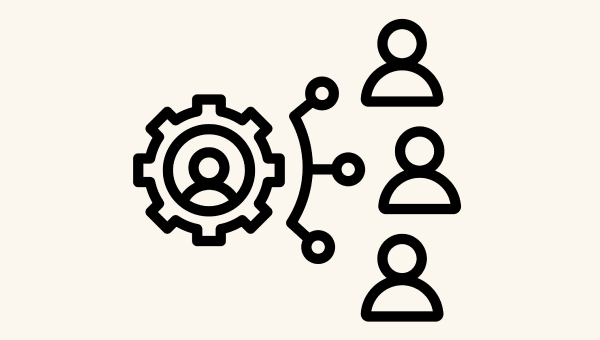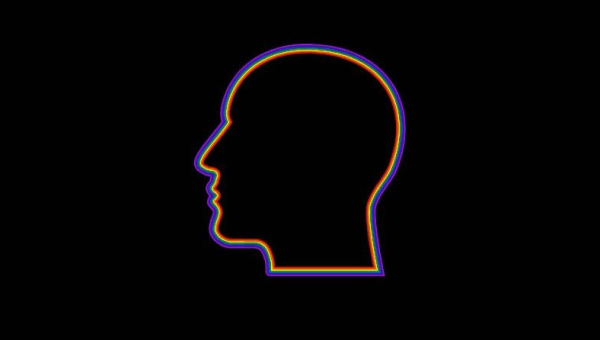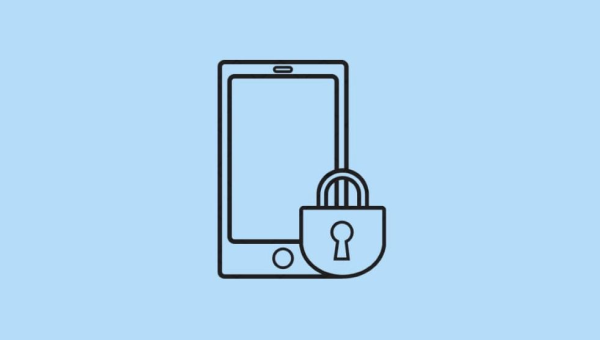A Lancet Study published in 2017 estimated that 197.3 million Indians have a mental illness. Out of these, over 80% of individuals do not receive the care they need. This is commonly referred to as the “treatment gap” in public health.
Rapid technological advancements in the field of mental healthcare show promise in alleviating this substantial treatment gap. However, simply developing and implementing digital tools and interventions is not enough, since policy and budget considerations have a significant impact on the effective uptake of such interventions. In this context, the Government of India’s stance on using technology in mental healthcare is a topic of considerable and timely interest.
Government Initiatives in Digital Mental Health
The government has been fairly proactive in its approach to digital mental health. Most prominently, in October 2022, the government launched a tele-mental health programme (Tele MANAS) as a means of facilitating 24x7 remote access to mental healthcare. Tele MANAS has 51 cells and has received nearly 4 lakh calls so far.
In July 2023, a chatbot was launched in Jammu and Kashmir under the umbrella of Tele MANAS. This is a rule-based chatbot (one that follows a set of rules to decide what response to provide to the user) and primarily encourages users to talk to Tele MANAS counsellors on WhatsApp, the most widely used messaging application in the country. Such an interface might be a boon for individuals who are hesitant to or feel unable to call. Yet, it's worth noting that the chatbot doesn't consistently offer the opportunity to connect with a Tele MANAS counsellor. In certain instances, it merely proposes stress-reduction techniques like muscle relaxation and deep breathing. While these methods may be useful for some individuals in moments of distress, for others, the absence of a straightforward avenue to speak with a counsellor could leave them feeling stranded, precisely when they needed support the most.
Tele MANAS is to be integrated with eSanjeevani, a government initiative for video-based remote consultations with doctors. This is a positive development as it means psychiatric medications can now be prescribed remotely to Tele MANAS callers referred to eSanjeevani. On the ground, though, eSanjeevani has faced issues related to overworked healthcare personnel and glitches in technology, leading to uncertainty about whether eSanjeevani can keep up with the Tele MANAS referrals after integration.
Tele MANAS is not the first foray of the government into digital mental health. In 2020, the Ministry of Social Justice and Empowerment set up a crisis helpline called KIRAN in 13 languages across the country. The helpline was intended to offer 24x7 crisis support with onward referrals to mental health professionals if needed, but shortage of staff and funding has resulted in the helpline not being consistently functional. A recent attempt to test the helpline saw 37 out of 40 calls go unanswered.
In 2021, the government launched a mental wellness app called MANAS (Mental Health and Normalcy Augmentation System). The app is designed to provide several mental wellness-related features, including guided meditation, mood tracking, sleep advice, and task planning and management. Recent Android app store reviews indicate that the app has several technical glitches that prevent users from using it at all.
The Government's Role in Artificial Intelligence and Mental Health: Looking into the Future
Apart from spearheading these initiatives, the government has also shown a degree of forethought in the field of artificial intelligence (AI) and mental health. In 2018, NITI Aayog, the government’s public policy think tank, released the National Strategy for AI. Among other aspects, the document detailed guidance for research and use of AI in the healthcare field. However, the strategy focuses on promoting cutting-edge AI research, and misses the low-hanging but useful fruit of evaluating the validity and reliability of currently existing AI-based healthcare technology and adapting it to the Indian context.
The Indian Council of Medical Research published ethical guidelines for AI in biomedical and healthcare research in early 2023, a much-needed step to provide guidance for AI researchers and developers in the country. The document provides useful guidance on several important topics, such as consent, liability and risk minimisation, data security, and inclusiveness, especially for researchers and developers who might not be well-versed in the nuances of healthcare.
Specifically considering a mental health context, the guidelines account sufficiently for applications of AI in diagnosis and predicting and preventing flare-ups but miss out on an important section of the current use of AI in mental health: mobile apps that use AI as chatbots. The liability and risk minimisation guidelines are not directly applicable to these apps. The guidelines for liability and risk minimisation assume the presence of a healthcare professional or researcher as a moderator at the interface between the AI and the end service user, which is not the case for AI chatbot apps that are meant to be used by service users directly.
There are several recent examples of AI chatbots apps responding inappropriately. For instance, Tessa was an AI chatbot designed to assist individuals in the United States who are grappling with eating disorders. It was discovered that Tessa was dispensing weight loss advice, a potentially harmful response for those already struggling with their health. Another case that highlights this issue involves Woebot, another AI chatbot. In this instance, a user expressed a distressing sentiment by typing, "I want to go climb a cliff in eldorado canyon and jump off it." The AI's response, "It’s so wonderful that you are taking care of both your mental and physical health," raises significant concerns. Such insensitive responses to vulnerable individuals could have serious consequences. There is currently no clear system of accountability for either individuals or organisations involved in developing these chatbots, and no clear directions on how to minimise such risk given the lack of a moderator between such chatbots and the user.
Apart from guidelines for researchers and developers, the document also suggests regulation and assessment of the potential for harm of AI technology. Currently, no regulatory body or auditing mechanisms exist except in the context of research, where ethics committees serve a regulatory purpose.
State-level Digital Mental Health Initiatives
State governments play a role in promoting the use of digital mental health tools too. Some states, such as Assam, Chhattisgarh and Kerala, have their own crisis helplines. The Karnataka government also set up an initiative called e-Manas, a digital registry of mental health establishments, mental health professionals, the mental health treatment records of service users.
Challenges in Implementation
Overall, the government’s stance has been to embrace the use of technology in mental health and provide policy and budgetary support for digital initiatives. While the initiatives are ambitious and the intentions commendable, implementation has consistently fallen short, primarily due to a shortage of professionals and volunteers, uneven access to technology, and technical glitches. Digital tools are meant to assist healthcare, but the focus on technology as a solution cannot exist in a lacuna and come at the cost of access to sufficiently trained mental healthcare professionals. Such digital approaches that attempt to redistribute existing resources also lead to overburdening of existing healthcare professionals, who may have competing priorities with in-person consultations.
Against this backdrop of scaling and implementing digital mental health interventions is the worrying absence of a comprehensive set of guidelines and regulations to protect and secure personal and sensitive mental health data. The Digital Personal Data Protection Act 2023 is meant to offer protection to persons whose data is collected or processed digitally. However, the Act grants exemptions to the government and government bodies from sections of the law, offering inadequate safeguards for the fundamental right to privacy. It fails to adequately protect citizens or individuals from the misuse of data by government agencies. Also relevant is the lack of transparency about how data is collected, stored, managed, or shared with other parties.
Finding a Balance
In addition to training healthcare professionals in the effective use of digital tools, investment in infrastructure (especially in rural areas), public-private partnerships, and regular audits and monitoring can ensure better execution of the various digital initiatives.
While digital tools offer convenience and accessibility, they cannot replace the need for a well-rounded and robust community mental health system. The government should prioritise investing in a spectrum of preventive and promotive mental health services, ranging from psychological interventions to social benefits and rehabilitation programs. By seamlessly integrating digital mental health solutions into this comprehensive framework, individuals can receive the support they need in a society that prioritises mental well-being at every level.
Authored by Ramya Pillutla, a Research Associate at the Centre for Mental Health Law & Policy, Indian Law Society, Pune.



